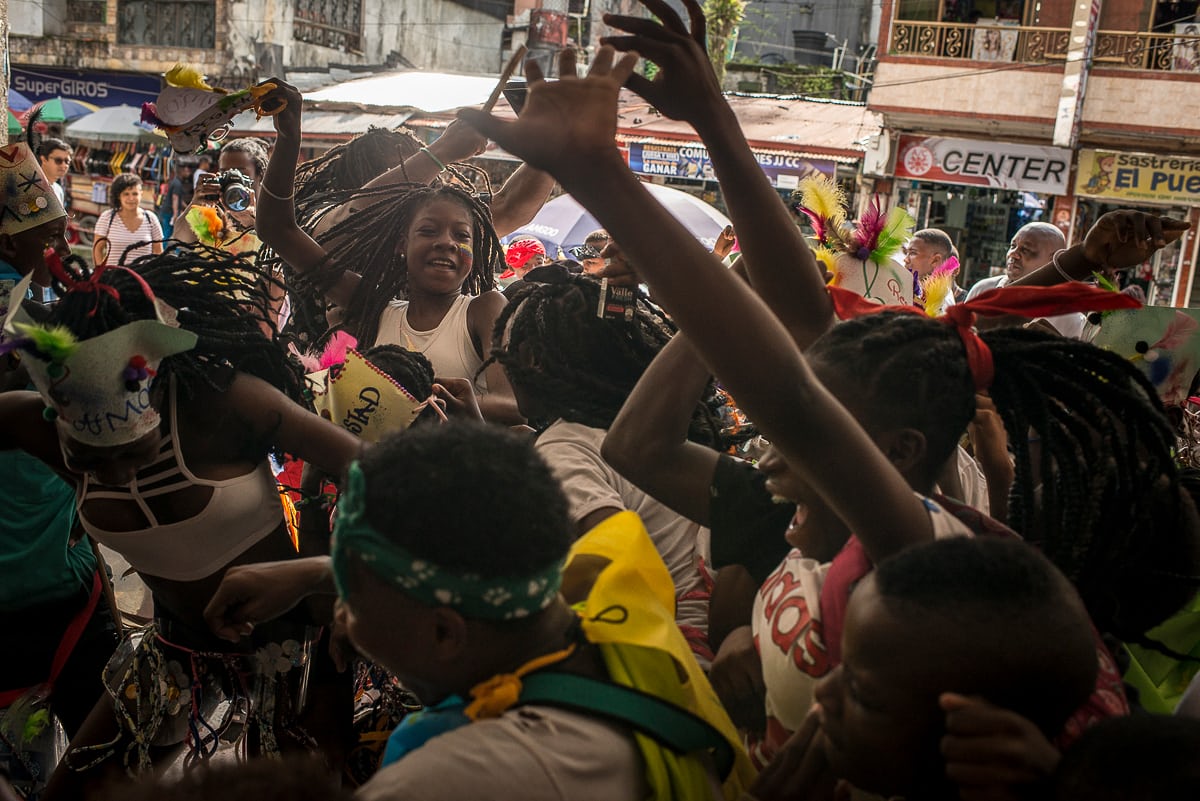
(Fuente: The Guardian)
A rat skitters through the prison cell where Harold Cuesta sits handcuffed, beads of sweat dripping down his brow. He says his imprisonment means the delicate peace pact that his gang and others negotiated with the mayor of Quibdó is now dead.
Since April, Cuesta, a key figure in the peace talks, has languished in the deprived Colombian city’s overpopulated Anayancy prison, alongside a dozen other ex-gang leaders. Cuesta’s list of convictions over the years is exhaustive, a catalogue of time in and out of prison for offences including extortion and, this time around, the alleged murder of his former lawyer.
Yet it wasn’t always this way. Cuesta was once on track to realising his dream of becoming a professional footballer, until life took a turn for the worse and he resorted to criminal activity to make a living.
“The peace process has no future here,” reflects the 29-year-old, under the watchful gaze of the guards.
The problem is not unusual in Colombia, where the Bogotá government has struggled to enforce a national peace accord in parts of the country where it holds little sway. Quibdó, however, has previously bucked that trend.

